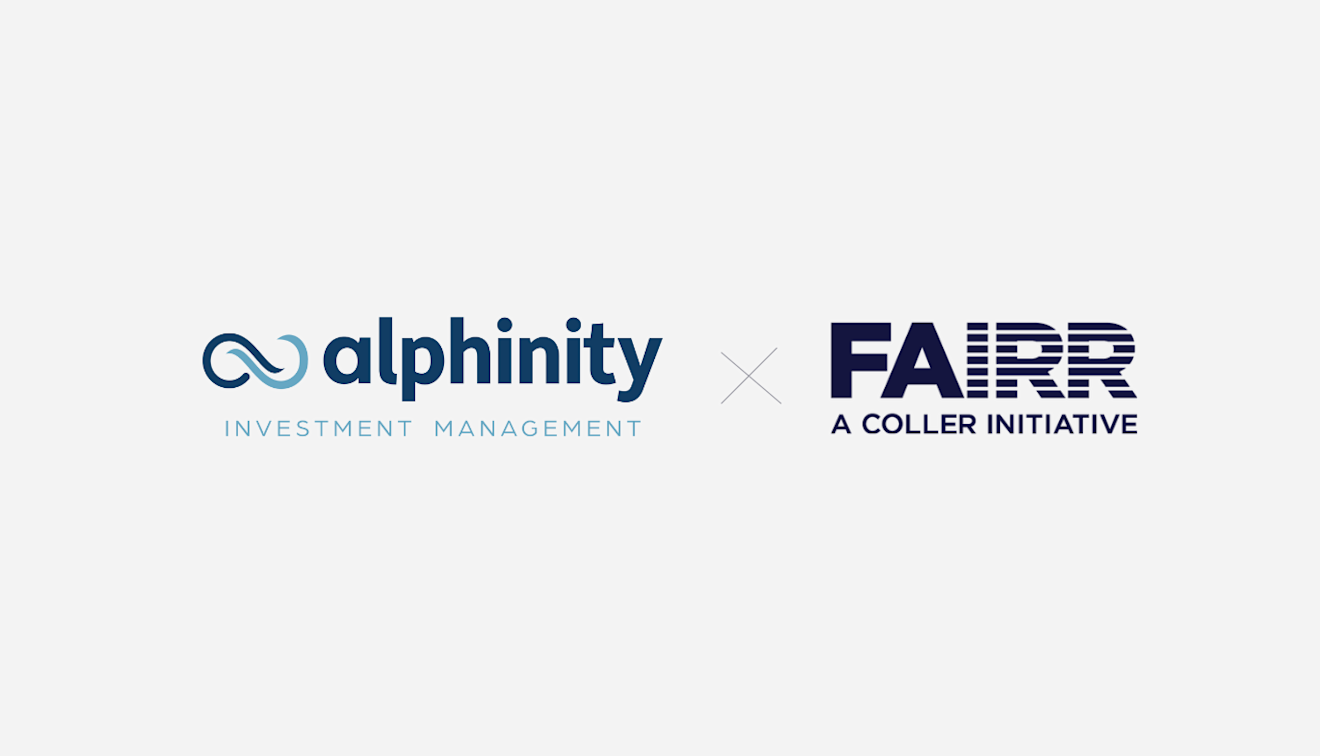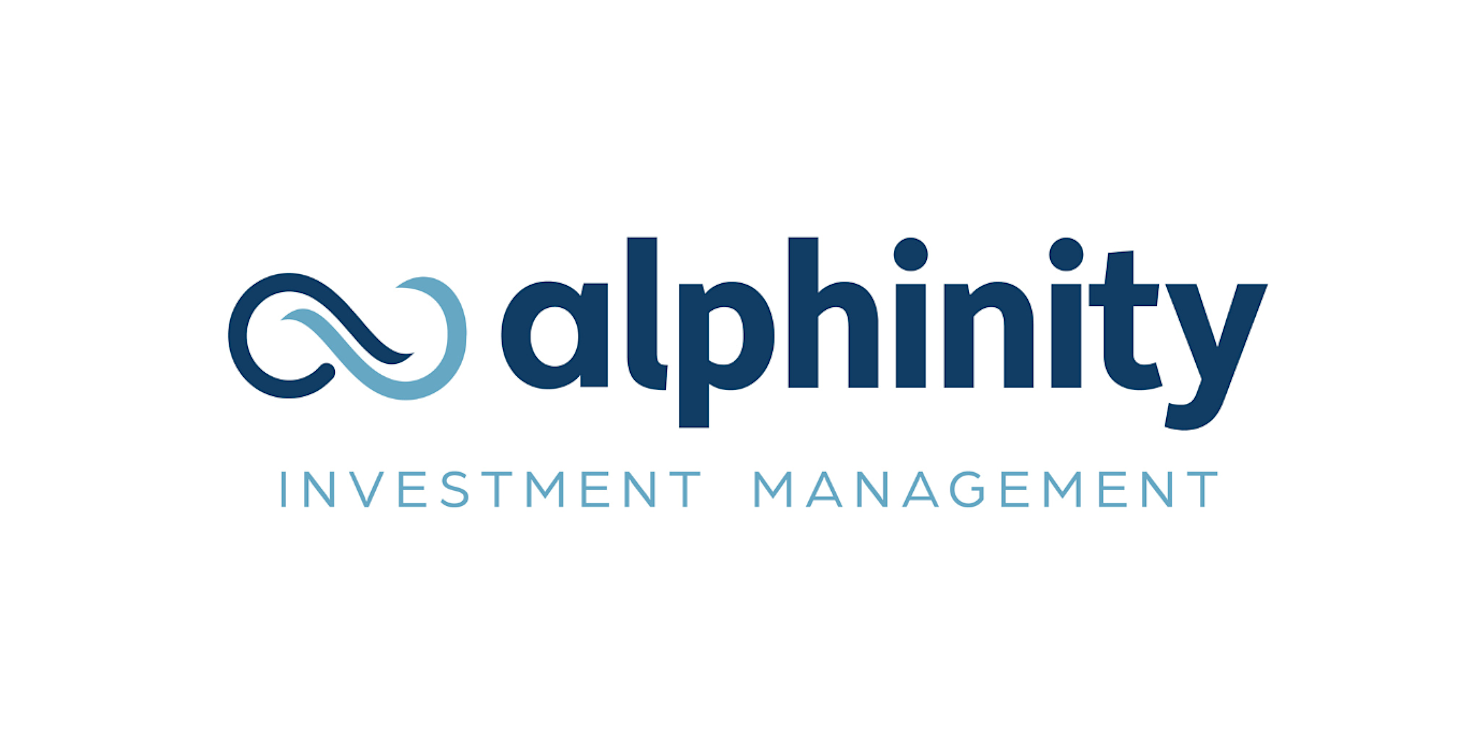Introduction
Alphinity Investment Management, an equities fund manager headquartered in Australia, joined the FAIRR Initiative in 2021. This case study details the way in which Alphinity collaborated with FAIRR and used its membership to enhance its stewardship activities and knowledge of Antimicrobial Resistance (AMR), focusing on Alphinity’s involvement in FAIRR’s AMR/Antibiotics and Health workstream. Insights for this case study were provided by Moana Nottage, ESG and Sustainability Analyst, at Alphinity Investment Management.

In your experience, what has been the value of being part of the collaborative Animal Pharmaceuticals Engagement?
"FAIRR’s Animal Pharmaceutical Engagement highlights the need to engage with companies on the risk of AMR. With more than two-thirds of antibiotics consumed by the animal agriculture sector, the animal pharmaceutical industry has a significant role to play in driving better antibiotic use practices at the farm level to address the overconsumption and misuse of antibiotics.
FAIRR's engagement framework and AMR research have supported Alphinity in identifying key areas of risk within the corporate practices of animal pharmaceutical companies, enabling Alphinity, as investors, to integrate AMR risks into their assessment of companies, conduct meaningful engagement and drive better disclosure and greater clarity as to how companies address the systemic risk of AMR.
One of the pillars of the engagement assesses sales and marketing practices, with a focus on labeling, to ensure products are used responsibly and aligned with World Health Organisation (WHO) guidelines. Working closely with FAIRR, Alphinity was able to clarify that US pharma company Zoetis Inc was one of two companies in the engagement group to remove growth promotion claims from the labels of their shared-class antibiotics globally. With the support of FAIRR’s thematic expertise, Alphinity has held productive dialogue with companies like Zoetis Inc to explore the intricacies of AMR, potential financial implications of AMR to the business, and identify weaknesses in disclosure."
How has your knowledge of AMR as a systemic risk developed since joining FAIRR and the engagements?
"Since joining FAIRR, Alphinity has benefitted from collaborating with thematic and sector-specific experts to understand the complexity of AMR, the systemic risk it poses to diversified investment portfolios, and to recognise it as a material risk to companies in the food sector. While AMR threatens companies throughout the animal protein value chain, its impacts extend beyond that sphere. It could impact the productivity and resilience of companies across industries and affect the global economy.
FAIRR takes a holistic value chain approach to AMR risks in the food system by encouraging investors and companies across multiple sectors to take action to limit the misuse and overuse of antibiotics in animal agriculture. FAIRR has expanded its antibiotics and health workstream to reflect this approach, and Alphinity has joined a new AMR engagement that encourages quick service restaurant chains to adopt antibiotic policies that align with WHO guidelines. In joining both the Animal Pharmaceutical and Restaurant Antibiotics Engagement, Alphinity has support from thematic experts at FAIRR to delve into AMR risks and take action to strengthen AMR management strategies and disclosure."
How has FAIRR’s research and engagements on AMR supported Alphinity’s ESG integration practices/strategy?
"With the support of FAIRR's thematic research and collaborative engagements, Alphinity has accelerated its work on AMR and its consideration as an ESG risk. In August 2023, Alphinity published a report Antimicrobial Resistance: An Emerging ESG Consideration which outlines the implications of AMR through an ESG lens and the importance of stewardship and company engagement in the healthcare and food sectors to address this systemic risk.
As investors, Alphinity believes that healthcare and food companies are exposed to the most significant risks and, equally, have the capacity to influence the system-wide impacts of AMR. However, as stronger regulations emerge and the financial impacts of AMR on investee companies become more pronounced, Alphinity anticipates that investor focus on AMR will become more targeted and sophisticated across a range of sectors, highlighting the need for ongoing engagement on AMR and knowledge sharing across stakeholders. While Alphinity has a good understanding of AMR management in the animal pharmaceutical space, the emerging focus is on the food sector and the ways in which retailers and producers can take steps to mitigate the risks of AMR.
Following the launch of this report, FAIRR and Alphinity co-hosted a webinar for investors in the Asia-Pacific region to raise awareness of AMR as a systemic financial risk and share best practices with other investors."
This report is provided for informational purposes only and is not intended to be, and should not be construed as, an offer, solicitation or recommendation with respect to any transaction and should not be treated as legal advice, investment advice or tax advice. Recipients should not rely upon this information as a substitute for obtaining specific legal or tax advice from their own professional legal or tax advisors. References to specific securities and their issuers are for illustrative purposes only and are not intended and should not be interpreted as recommendations to purchase or sell such securities. Indices and trademarks are the property of their respective owners. Information is subject to change based on market or other conditions.
